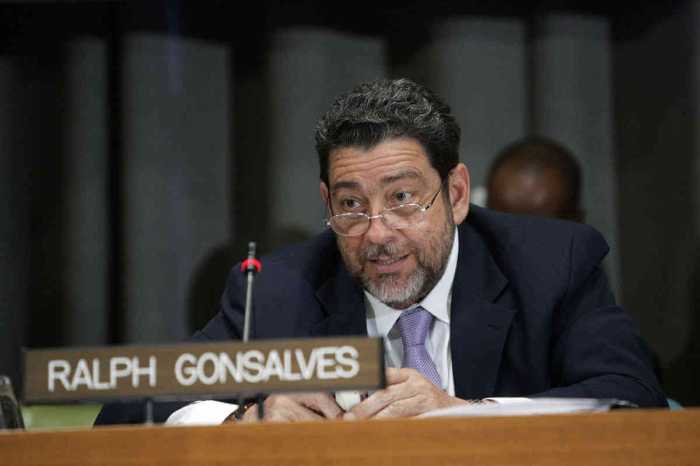The New York Immigration Coalition (NYIC), an umbrella policy and advocacy organization for more than 200 groups in New York State, has welcomed the NY HERO Act as a “huge victory” for essential workers.
“COVID-19 continues to have an enormous impact on our immigrant essential workers across the state, many of them farmworkers keeping our food supply lines open at great risk to themselves and their families,” said Murad Awawdeh, NYIC’s executive director.
“With multiple variants and spikes in COVID-19 cases, New York cannot afford to waste any time in keeping everyone safe and healthy,” he added. “That is why the NY HERO Act will play such a vital role in the recovery of our state from the pandemic and protection from future airborne infectious diseases.
“We applaud Gov. Hochul for recognizing the evolving challenges posed by this pandemic and for prioritizing the health and well-being of our frontline workers and every New Yorker,” Awawdeh continued.
On Monday Gov. Kathy Hochul announced that the commissioner of health has designated COVID-19 a highly contagious communicable disease that presents a serious risk of harm to the public health under New York State’s HERO Act, which requires all employers to implement workplace safety plans in the event of an airborne infectious disease, helping to prevent workplace infections.
The NY HERO Act mandates extensive new workplace health and safety protections in response to the COVID-19 pandemic.
Under the law, all employers are required to adopt a workplace safety plan, and implement it for all airborne infectious diseases designated by the New York State Department of Health.
Employers can adopt a model safety plan as crafted by the New York State Department of Labor, or develop their own safety plan in compliance with HERO Act standards.
“While we continue to increase our vaccination numbers, the fight against the Delta variant is not over, and we have to do everything we can to protect our workers,” Governor Hochul said. “This designation will ensure protections are in place to keep our workers safe and support our efforts to combat the virus and promote health and safety.”
She said the HERO Act’s purpose is to ensure that businesses are prepared with protocols and resources to protect their employees and the public from the spread of airborne infectious diseases, like COVID’s Delta variant.
Under the HERO Act, the Department of Labor (DOL), in consultation with the Department of Health (DOH), has developed a new Airborne Infectious Disease Exposure Prevention Standard, a Model Airborne Infectious Disease Exposure Prevention Plan, and various industry-specific model plans for the prevention of airborne infectious disease.
Hochul said the plans adopted by employers must address a number of safety measures, including but not limited to: employee health screenings, masking and social distancing requirements, workplace hygiene stations, workplace cleaning protocol, quarantine protocol and building airflow technology.
Employers are required to distribute their work safety plan to all employees and post it in a visible and prominent location within each worksite.
Additionally, the HERO Act includes anti-retaliation protections for employees, which prohibit discrimination or adverse actions taken against an employee for following the requirements of these plans, reporting concerns on the implementation of a plan, or refusing to work.



























